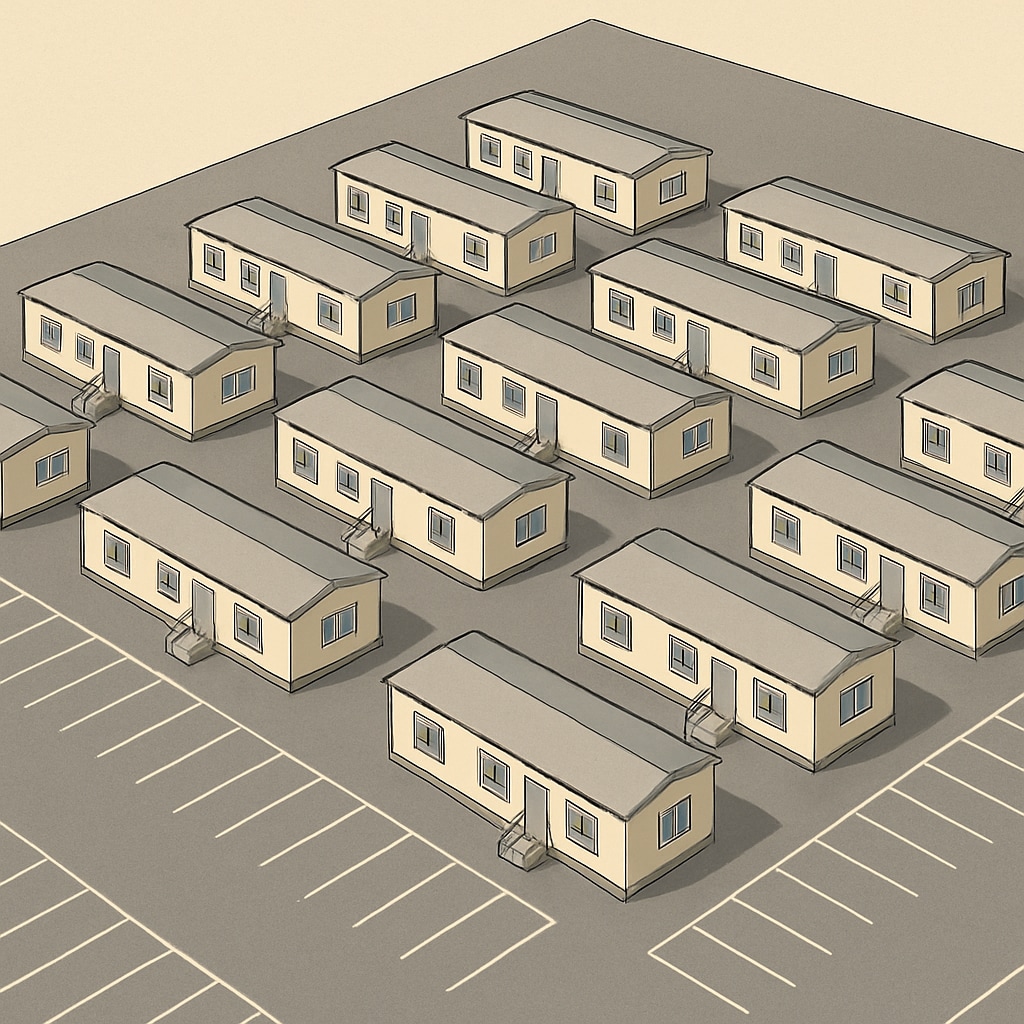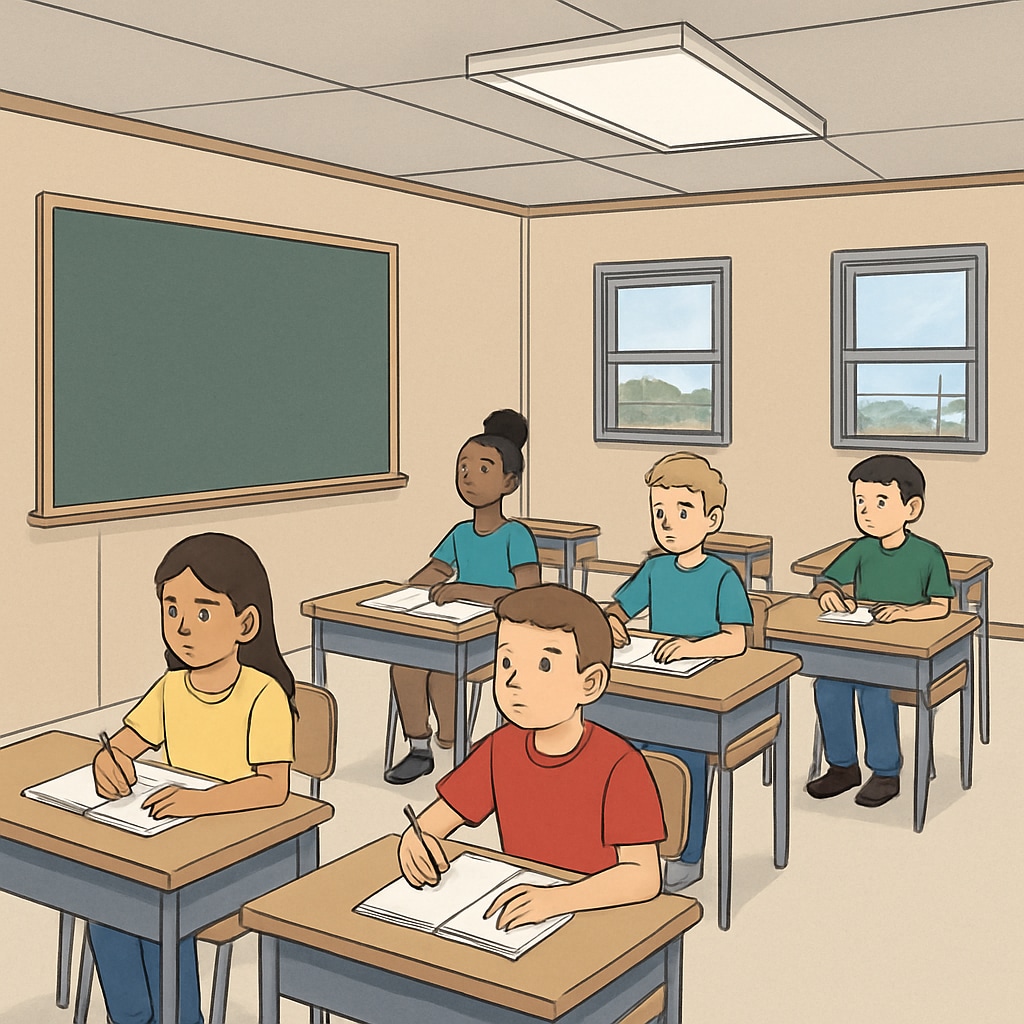Temporary campus changes, such as relocating elementary students to high school facilities during renovations, can have far-reaching effects on their emotional and social well-being. The absence of playgrounds, reduced parental involvement, and unfamiliar surroundings create a challenging environment for children at critical stages of their development. While such transitions are often necessary, understanding their impact can help educators and parents support children during these periods.

How Temporary Relocation Impacts Social Interaction
Playgrounds are more than just areas for physical activity—they are vital spaces for social development. Through play, children learn teamwork, conflict resolution, and communication skills. Relocating elementary students to high school campuses often results in the loss of these spaces. Without playgrounds, children may struggle to interact in meaningful ways, limiting opportunities to develop critical social skills.
Additionally, the high school environment can feel intimidating for younger children. Sharing spaces with older students may lead to feelings of alienation or insecurity. As a result, children may withdraw socially, further compounding the challenges introduced by the temporary relocation.
The Role of Parental Involvement in Temporary Campuses
Parental involvement is a cornerstone of early childhood education. Parents often participate in school events, volunteer in classrooms, or simply engage with teachers at drop-off and pick-up. However, temporary campuses, such as trailer classrooms situated in high school parking lots, often lack the infrastructure to accommodate parent engagement effectively.
The reduced visibility and accessibility of parents can make children feel disconnected from their support networks. Teachers may also struggle to communicate with parents due to logistical constraints, hindering collaboration in addressing students’ needs during the transition period.

Supporting Children During Temporary Campus Relocations
Despite the challenges, there are strategies schools and parents can implement to mitigate the impact of temporary relocations:
- Create alternative play areas: Schools can set up temporary outdoor spaces or designate parts of the campus for recreational activities to compensate for the lack of playgrounds.
- Foster parental involvement: Organize virtual parent-teacher meetings or create drop-in zones near the temporary classrooms to maintain communication and parental presence.
- Provide emotional support: Counselors and educators should actively monitor students for signs of stress or anxiety and offer regular opportunities for children to voice their concerns.
Addressing these issues requires a collaborative approach among school administrators, teachers, parents, and even community organizations. Temporary relocations may be unavoidable, but thoughtful planning can minimize their impact on students’ development.
Looking Ahead: Lessons for Future Renovations
As schools plan renovations, it is crucial to prioritize the needs of their youngest students. Temporary relocations should include provisions for maintaining key aspects of elementary education, such as play spaces and parental involvement. By learning from past experiences, schools can ensure future transitions are smoother and less disruptive.
Ultimately, the goal is to maintain a nurturing environment for children, even in temporary settings. Their emotional and social well-being should remain a priority, ensuring they continue to thrive during periods of change.
Readability guidance: This article uses clear language and concise paragraphs to enhance comprehension. Lists and examples are included to summarize key points, and transitions like “however” and “as a result” ensure smooth flow between ideas.


